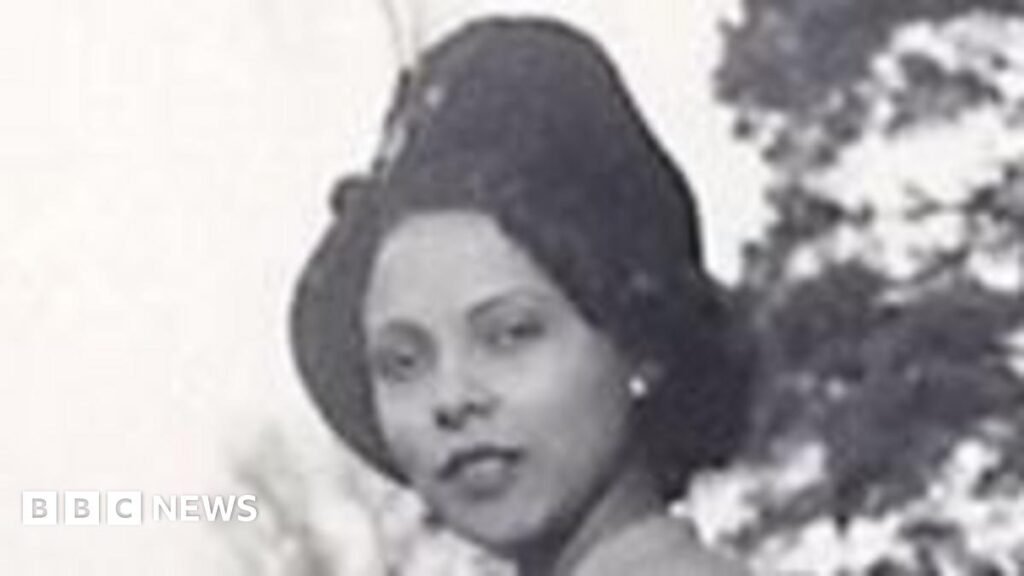“I know you can die twice. First comes physical death… to be forgotten is the second death,” notes screenwriter Eva Blouen in the epilogue at the end of her mother’s autobiography.
Eva understands this sentiment more than most.
In the 1950s and 60s, her mother, the late André Blouin, threw herself into the struggle for a free Africa, mobilizing the women of the Democratic Republic of the Congo against colonialism and rising to the status of a key adviser to Patrice Lumumba, the first prime minister of the DR Congo and a revered independence hero .
She exchanged ideas with famous revolutionaries such as Ghana’s Kwame Nkrumah, Guinea’s Sekou Toure and Algeria’s Ahmed Ben Bello, but her story is little known.
In an attempt to correct this injustice, Blouin’s memoir, My Country, Africa: The Autobiography of a Black Passionate, has been republished after being out of print for decades.
In the book, Blouen explained that her drive to decolonize was prompted by a personal tragedy.
She grew up between the Central African Republic (CAR) and Congo-Brazzaville, which at the time were French colonies called Ubangi-Shari and French Congo respectively.
In the 1940s, her two-year-old son René was treated in a hospital for malaria in the CAR.
Rene was of mixed race like his mother, and because he was a quarter African, he was denied medication. Rene died a few weeks later.
“My son’s death politicized me like nothing else,” Blouen wrote in her memoir.
She added that colonialism was “no longer the work of my maligned fate, but a system of evil whose tentacles reached every phase of African life.”
Blouin was born in 1921 to a 40-year-old white Frenchman and a 14-year-old black mother from the CAR.
They met when Bloen’s father was passing through her mother’s village to sell goods.
“Even today, the story of my father and my mother, although it caused me a lot of pain, still amazes me,” Blouen said.
When she was only three years old, Bloen’s father placed her in a convent for mixed races girls run by French nuns in nearby Congo-Brazzaville.
It was a common practice in the African colonies of France and Belgium – it is believed that thousands of children born to colonizers and African women were sent to orphanages and separated from the rest of society.
Blouin wrote: “The children’s home served as a kind of dumping ground for the refuse of this black and white society: children of mixed blood who did not fit in anywhere.”

